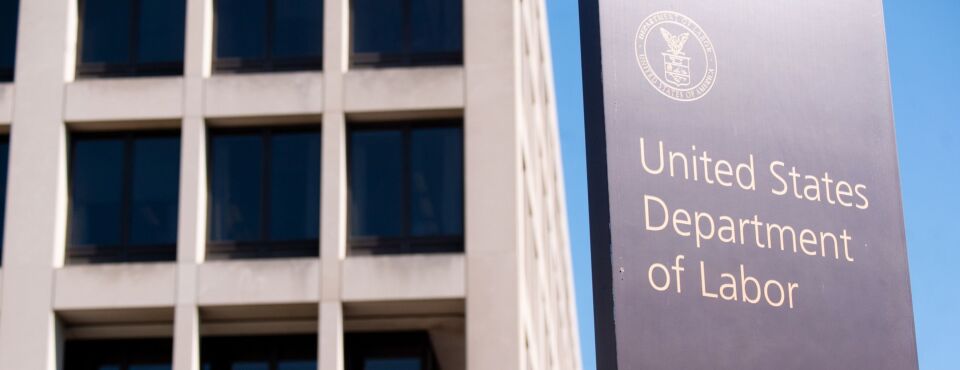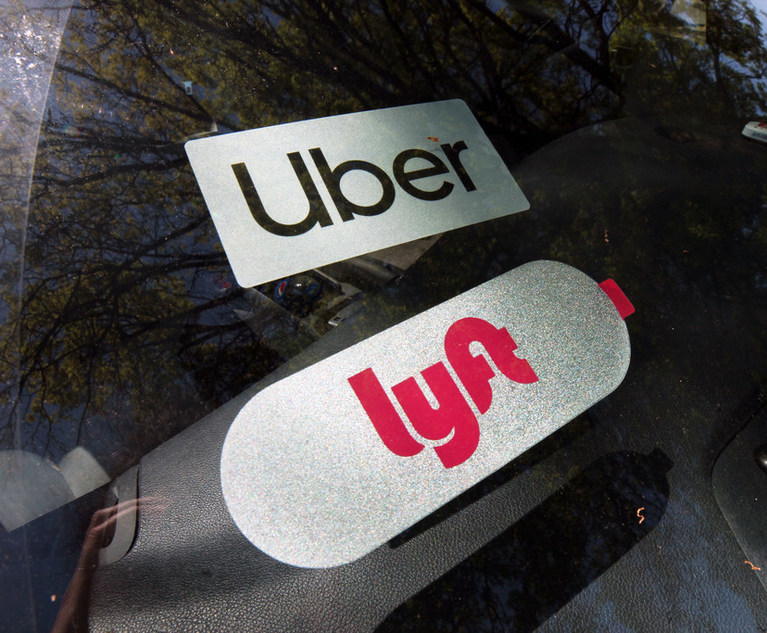The Federal Trade Commission (FTC) and Department of Labor (DOL) have recently signed an agreement to collaborate on training, share information, and partner on investigations, particularly in the gig economy. This memorandum of understanding, announced on Thursday, aims to enable the two agencies to work more closely together on competition issues in US labor markets. The primary areas of focus will be labor market concentration, one-sided contract terms, and the gig economy, according to a statement released by the agencies.
This collaboration between the FTC and DOL is part of a broader effort to deepen enforcement of competition laws following President Joe Biden’s executive order in 2021 calling for a “whole of government” approach to competition. By working together, agency staff can share information and coordinate on complaints as they pursue enforcement actions. This coordination will be particularly useful as the FTC cracks down on labor market antitrust abuses, including noncompete agreements and antitrust enforcement in the gig economy.
FTC Chair Lina Khan emphasized the importance of partnering with the DOL to address illegal conduct that suppresses wages, reduces access to benefits, and stifles economic liberty for workers across the economy. Both agencies will provide training to their staff on areas of overlap in their jurisdictions, allowing them to refer potential violations to each other for further investigation.
This collaboration between the FTC and DOL is part of a broader trend of information-sharing agreements among antitrust agencies since the Biden order. In July 2022, the FTC and the National Labor Relations Board agreed to coordinate their enforcement efforts, and the Justice Department’s antitrust division signed a similar agreement with the labor board shortly after. The primary areas of interest for both agencies include collusive behavior, misclassification of employees as independent contractors, illegal or deceptive claims about earnings and costs, one-sided contracts, labor market concentration, and algorithmic decision-making.
Solicitor of Labor Seema Nanda highlighted the importance of protecting workers on the job and promoting fair markets through this partnership. By combating unlawful behavior such as misclassification and restrictive contract provisions, both agencies aim to create a level playing field for workers and law-abiding employers alike. This collaboration between the FTC and DOL represents a significant step towards ensuring fair competition and protecting the rights of workers in the evolving landscape of the gig economy.

















